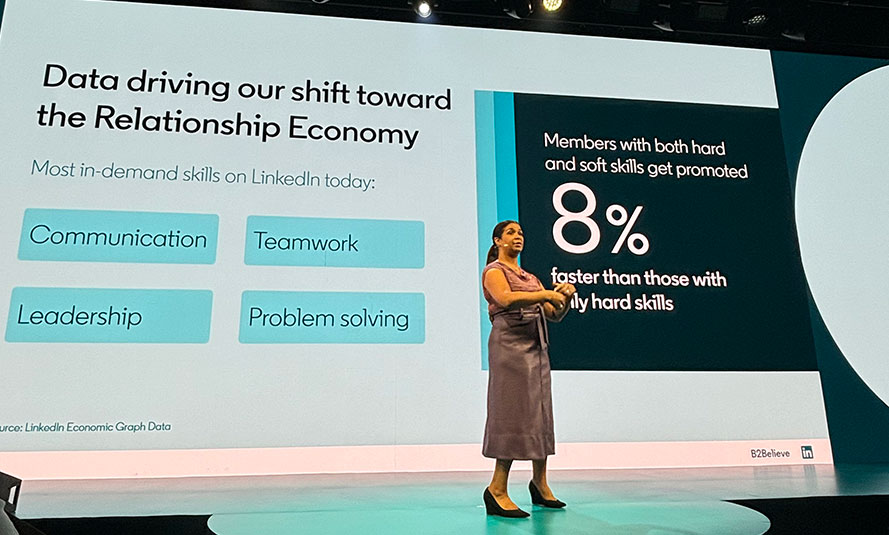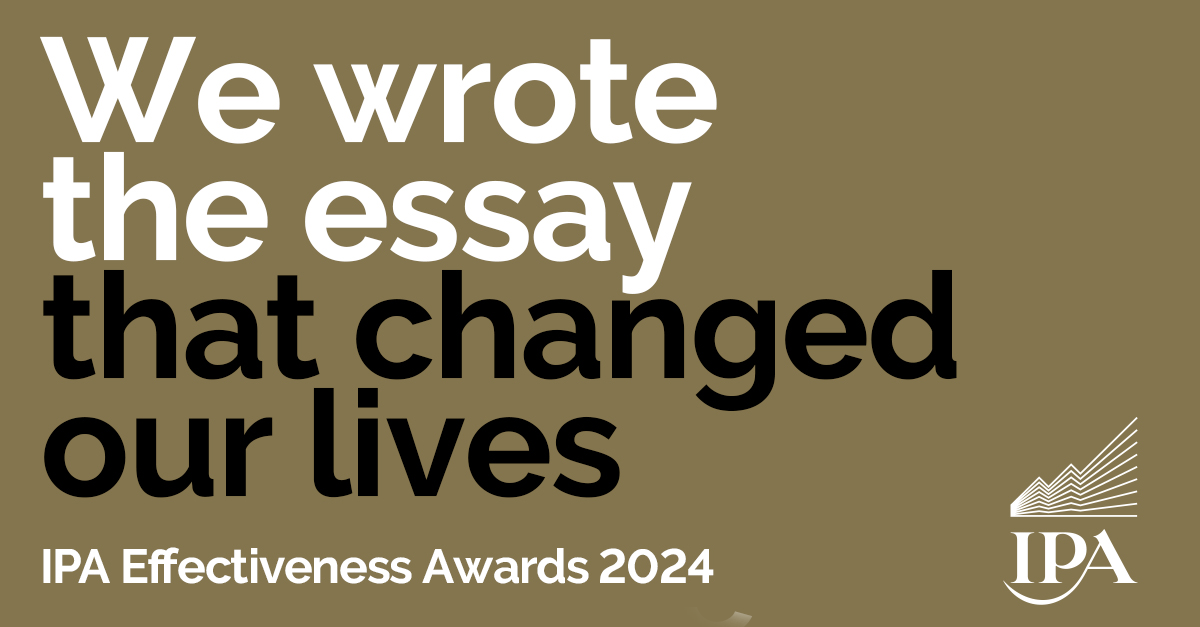I spent last week travelling across London from east to west. Starting at Technology for Marketing at the ExCel Centre out beyond Canary Wharf, then over to Big Data LDN at the Kensington Olympia. Diverse in geography, but not necessarily in martech ideas.
As everyone reading this will expect, AI was the headline topic and featured heavily in almost every talk and on almost every exhibition stand. Nonetheless, these events are useful for two reasons:
- To see what challenges businesses are looking to outsource to martech providers
- How those businesses want to present their efforts over the last twelve months.
My other interest is closer to home. I’ve run about fifty AI training sessions with universities and brands this year – it’s my favourite part of the job – and the room is always evenly split before the session between those excited about AI, those worried about its impact and those sceptical of the hype.
Fortunately, people leave the session excited and inspired to get started for a variety of reasons – the opportunities they see to get more work done alongside getting it done faster and better, the low barrier to entry or the pace of change and transformation AI brings.
But, the challenge for businesses is really about how to turn that excitement into action, to start implementing AI solutions and pilot programs across key use cases in their work.
So, that’s where my interest lay as I walked into the sprawling ExCel Centre, bypassing the ‘Friends Experience’, ignoring the ‘Formula 1 Show’ and past the convention for the restaurant industry enthusiastically titled ‘Lunch!’
What did I learn?
The first session I went to was from Sitecore, the CMS platform, which set the scene with some interesting statistics, the first showing that 72% of marketers are using generative AI. So far, so expected. But what was interesting was that the stat had actually dropped over the last six months. I expect that has something to do with the fact that 61% of marketers say that their organisation lacks guidelines for AI use, and 70% say their employer hasn’t provided any AI training.
It’s no wonder that businesses find it difficult to make an impact with AI, when there’s very little martech investment into the moments that can spark an idea for an AI solution to an internal challenge.
This was reinforced during a session from call analytics platform, Infinity, who reported that 31% of marketers aren’t getting the results they want from AI. This is unsurprising when it seems they’re left to their own devices without support or training.
It’s not all AI though. Some of the trusted buzzwords of bygone conferences reared their heads. Personalisation, customer experience and data warehouses all featured on the following day across town at Big Data LDN. My favourite quote of either event was used to illustrate the subpar experience that bad personalisation can lead to: ‘Happy Birthday, would you like this incremental product?’
Customer Data Platforms are finally cutting through in tangible ways, and it’s genuinely exciting to see some of the impact brands are experiencing when used well. One brand whose CDP enabled them to suppress their converted users from further advertising saw a 10% reduction in advertising costs, and when they’re spending £30million these percentages become incredibly meaningful.
This is where technology and experimentation really come together to drive change within a business.
Another advantage of attending these events is to verify what you’ve thought about, heard or read from other sources through conversations with real people. The ideas around AI as a thought partner or the coming revolution in SaaS martech platforms, where businesses are suddenly able to achieve better results from using AI on their own data, were regularly voiced by speakers and representatives on the stands.
And, the productisation of knowledge work and what that means for how agencies can add real value to their clients are truly fascinating subjects that will become more crucial to explore as AI technology becomes more capable.
Conclusion
In hindsight, were my desires met to hear from martech businesses that have done more than build some simple Custom GPTs that only a handful of their employees use?
Not really, no.
But I think this speaks to a bigger point.
A few months ago, Martin Sorrell said of AI in 2024, ‘this is the year of use cases’. Building a culture of experimentation in your business, with AI as a catalyst, will be an incredible byproduct of this new technology.
When it comes to AI, we’re not doing the hard part. We’re not academics or computer scientists building LLMs. We’re marketers and strategists who want to play and experiment with technology that could reshape how we get work done.
If we have more businesses that are brave, experimental and diverse in their thinking, then we’re going to have more growth, more interesting workplaces and more engaged teams, no matter where AI fits into the equation. (I suspect it will be fundamental to this new breed of enterprise.)
Postscript
Almost every talk I attended, the speaker used the word ‘marketeer’ when describing the audience.
When did people start saying ‘marketeers’, not ‘marketers’?
Is it to instil a bit of swashbuckling glamour into the profession? I must admit I was happy with how it was before. I’m not sure I can really rock the feather-in-the-hat look…





